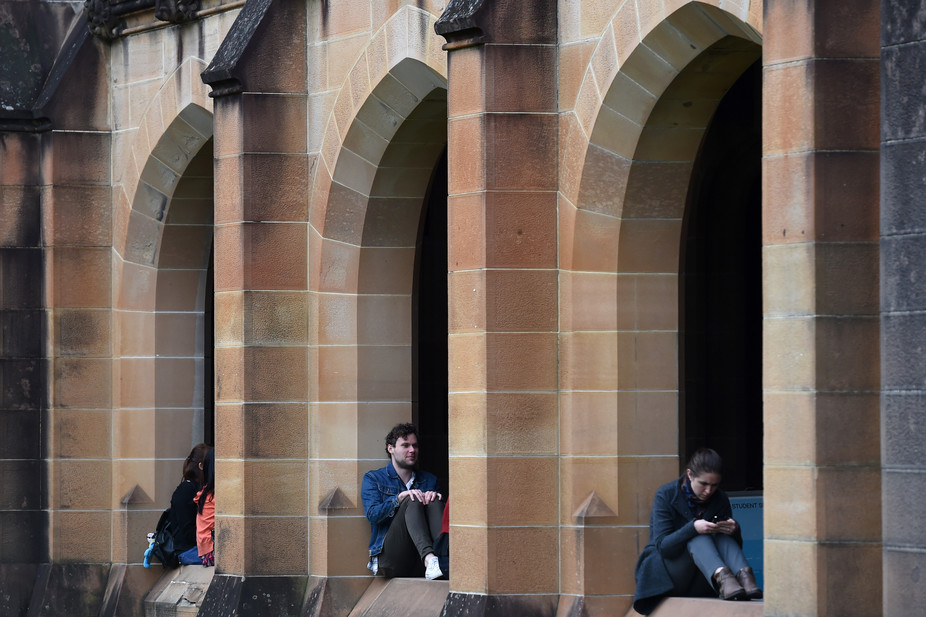Is a bubble forming around charter schools?

According to a new study by the Social Science Research Network, charter schools could be headed for trouble.
Four educators, Preston Green from the University of Connecticut, Bruce Baker from Rutgers University, Joseph Oluwole from Montclair State University, and Julie Mead from the University of Wisconsin all present information that shows how a bubble may be forming around charter schools, and that it mirrors the subprime mortgage crisis.
What’s worse is that the bubble may pop in urban centers, or black neighborhoods, across the country. If so, then we truly are headed down a dangerous path.
The bubble that the authors are referring to is one created by what they describe as misaligned priorities from varying parties with interests in the success of charter schools.
Basically, many charter schools are run by third-party groups. The goal of those groups is to either raise revenue or slash costs. Doing so means that students will suffer as the outside entity will likely look to cut expenses at any turn, such as making students that are deemed as a drain on the school’s financial resources go to other schools.
In addition to what these third-party groups are doing with charter schools, state legislators are being lobbied to expand charter schools, and to do so without much oversight. Almost a deregulation of the process, if you will.
Because so many charter schools are either in low-income neighborhoods or tend to go after students with poor financial means, these neighborhoods and students will be heavily impacted if the bubble pops.
The study doesn’t come without solutions. The authors suggest that now is the time for state governments, and the federal government, to ensure that checks and balances are put into place so that a big bubble isn’t formed.
It’s an interesting study — but one I question based on the fact that charter schools are all competing against each other, really. Why would any of them put themselves in a situation to lose students, or funding?
Time will tell, I suppose, but at least for now, it appears that many charters are doing exactly what they set out to do: provide innovative education options to students who need them.




